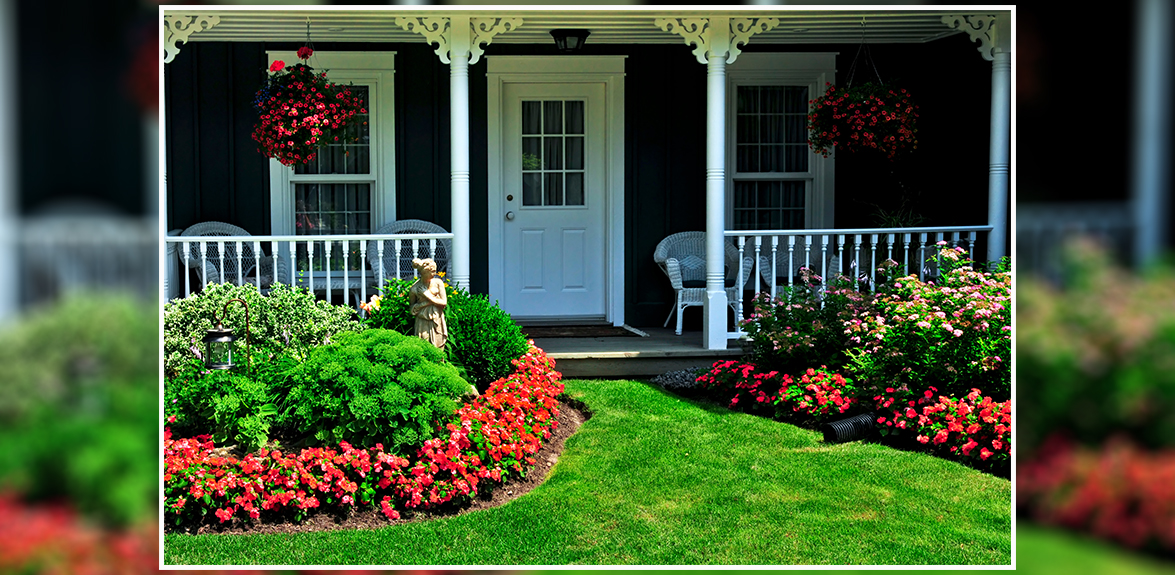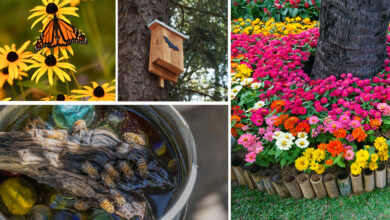 Summer is officially upon us, and this year, as you enjoy a parade of barbecues and quality family time in the backyard, do so with a backdrop of a picturesque garden. Flowers and tastefully placed plants are not only the quintessential indicators of summer, but they also add colour, beauty, and fragrance to our yards.
Summer is officially upon us, and this year, as you enjoy a parade of barbecues and quality family time in the backyard, do so with a backdrop of a picturesque garden. Flowers and tastefully placed plants are not only the quintessential indicators of summer, but they also add colour, beauty, and fragrance to our yards.
To make their garden the envy of the neighbourhood, gardeners chose a mix of perennials and annuals, the two broad categories of flowers, to plant in their garden. If you’re trying your hand at a green thumb this summer, here are some flower basics that every gardener should know.
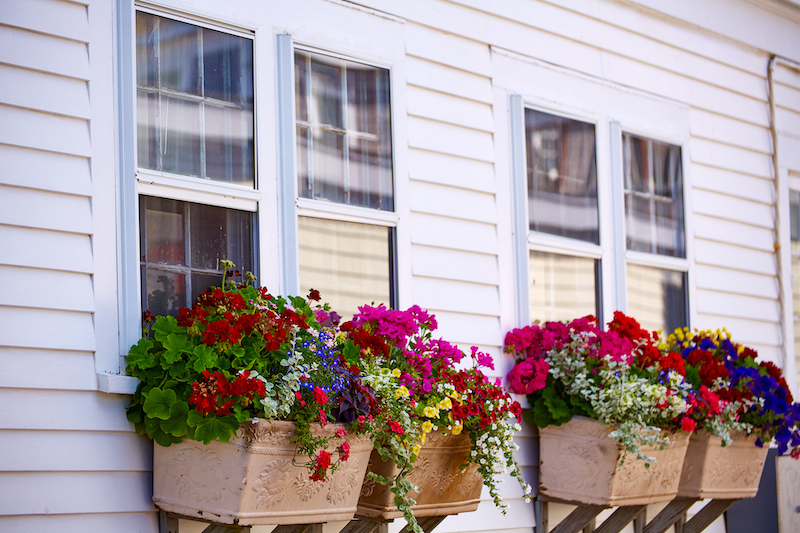
What are annuals?
Annuals are a favourite for first-time gardeners and those gardening on a budget. Considered to be less expensive than perennials, annuals also take less effort to maintain. Typically, annuals have a life cycle of only one season, meaning they start from seeds, blossom, produce seeds and then die all in one year. All a gardener has to do is plant them at the beginning of the season and watch them grow.
Not only are annuals great starter flowers for beginners, but they’re also considered to be more colourful and showy. Annuals also have a longer bloom time, so they’ll make your garden look beautiful all summer long, and some might even bloom into the fall.
Common annuals include: petunias, geraniums, marigolds, zinnias, impatiens, and begonias.
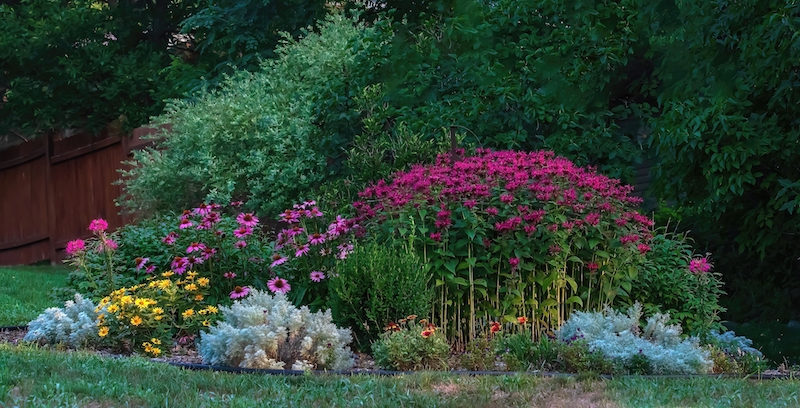
What are perennials?
In contrast to annuals, perennials live far longer than one season, with some flowers living many years. However, perennials bloom for a shorter time than annuals. Bloom time for perennials can be a couple of months or even a few short weeks.
When planting perennials from a bulb or a seed, they should be planted in the fall. Alternatively, you can choose to purchase young plants from a nursery during the spring. If you want your perennials to bloom healthy year after year, they will require more care and commitment on your part.
Gardeners with perennials must stay on top of ensuring the soil remains favourable, grooming and deadheading flowers, and, once the season is over, take steps to ensure the roots can survive a harsh winter.
Common types of Perennials: tulips, bearded iris, black-eyed Susans, coneflowers, asters, hostas, lilies, roses, and peonies are among the more commonly planted perennials.
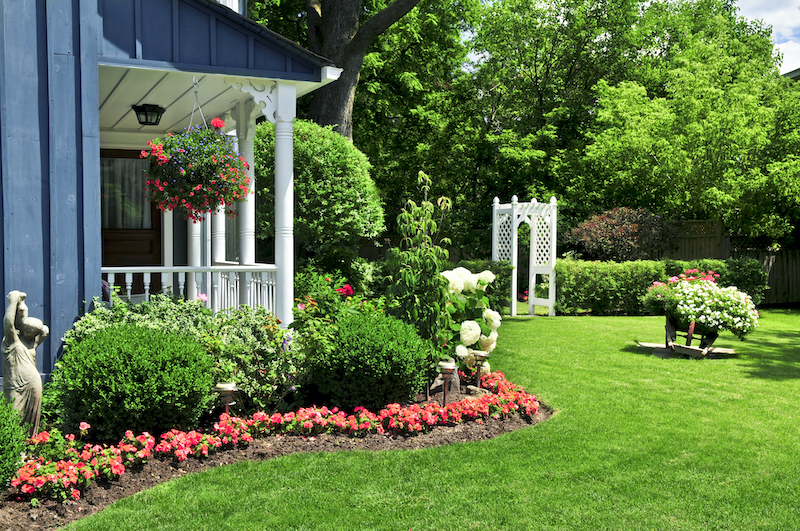
Pairing for Perfection
Because perennials bloom for a shorter amount of time and at different times in the season, it’s a good idea to pair them with bright and colourful annuals. This will make your garden full of life and colour from spring to fall.
“When you design a new garden, look at the blooming time of each flower. That is so important because some will bloom April to June, (and) some will bloom from May through late summer,” said Peter Prakke, a horticultural consultant from Ancaster, ON.
Mix different shrubs, shapes, and colours to create a one-of-a-kind backyard. For example, try mixing bushy roses with ajuga, a purple-coloured ground cover that blooms through the fall.
Other ground covers, which are plants that grow over the ground and are considered to be gentler on budgets, include daylilies or bellflowers. Prakke says using ground covers will give you a “nice coverage of the area” without having to spend as much money.
Play with other annual and perennial combinations like pansies, daffodils, petunias, and pentas. Regardless of which flowers and colours you decide to go for, be sure to include a good amount of annuals and perennials so your garden can remain colourful well into the fall.
Before starting your garden, be sure to visit nurseries and research what grows well in your region.
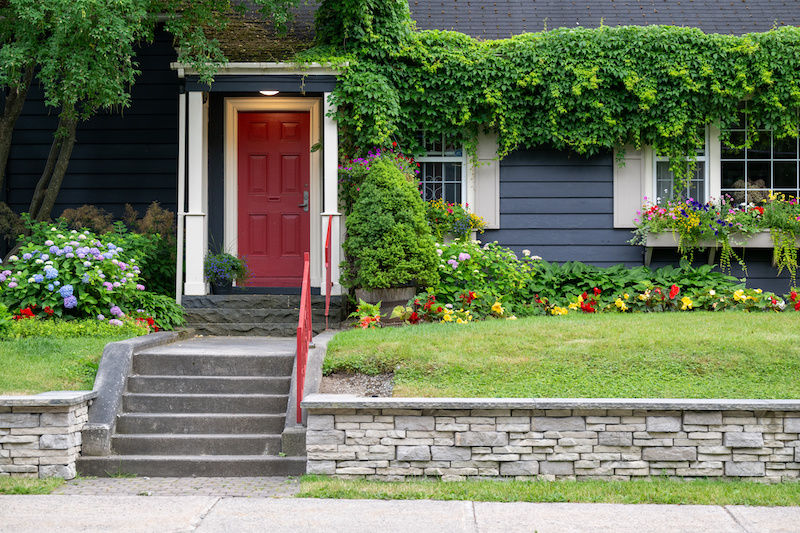
Fragrance
If you’re looking to not only add colour but also add fragrance to your garden, there are several flowers to choose from that can add various scents to your backyard. For a sweet smell, try planting a nicotiana, lily of the valley, pansy, petunia, or sweet pea. For an aromatic fragrance, try carnations or verbena, and for a licorice smell, try planting anise. Prakke suggests planting them in clusters or window boxes to make the most of these flowers.
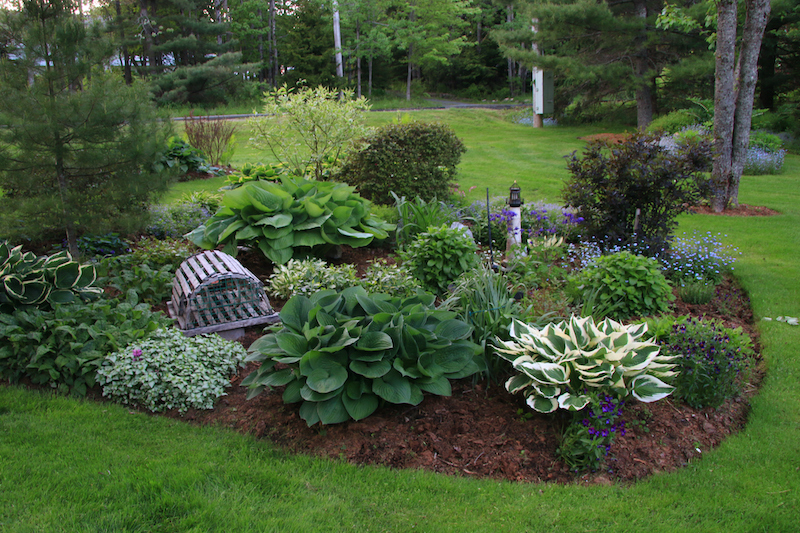
Creating An Environment-Friendly Garden
Don’t just go for colours, shapes, and fragrances when creating your ideal garden. It’s important to consider environmental conditions. A truly ideal garden also takes into account environmental conditions and includes drought-friendly plants, suggests Prakke. Drought-friendly plants are plants that can survive a few days without water if the need should arise. Some drought-friendly (and allergy-friendly) plants you can grow include sunflowers, ornamental peppers, stonecrops, rock cress, speedwell, hostas, and daylilies.

Other Pro Tips
The right soil is essential for growing a healthy garden. To create the perfect soil conditions, Prakke suggests adding organic material. This will improve drainage and aeration in clay and water and nutrient-holding capacity in sand.
Also, be aware that different plants prefer different pH levels, so be sure to do your research. Another key piece of the puzzle to creating a beautiful blooming garden is watering the correct amount. A plant’s watering needs depend on its type, age, time of the year, weather, and soil conditions. According to Prakke, newly planted flowers need a good drink once a week, and annuals need the right amount of water to get established.
Happy gardening!


